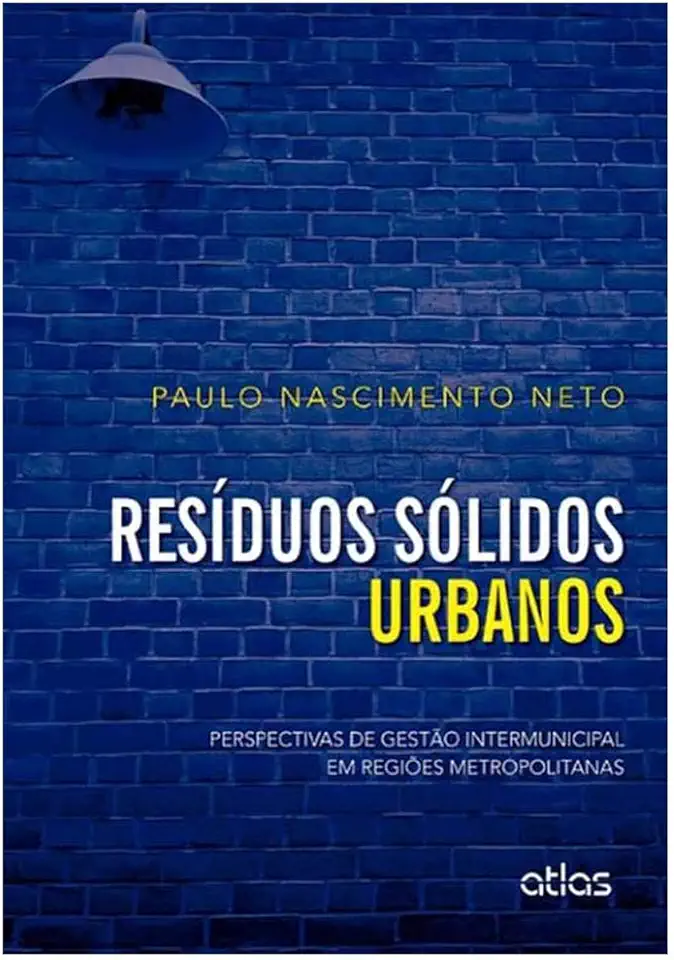
Urban Solid Waste - Paulo Nascimento Neto
Urban Solid Waste: A Global Challenge
Urban solid waste (USW) is a major environmental challenge facing cities around the world. The amount of USW generated is increasing rapidly, and it is estimated that by 2050, the world will produce 3.4 billion tons of USW per year. This waste can have a devastating impact on the environment, human health, and the economy.
Environmental Impacts of USW
USW can pollute the air, water, and soil. When USW is not properly disposed of, it can release harmful chemicals into the environment. These chemicals can contaminate drinking water sources, harm wildlife, and contribute to climate change.
USW can also create breeding grounds for pests and diseases. Rats, mice, and other pests can thrive in USW, and they can spread diseases to humans and animals. USW can also attract flies and other insects, which can be a nuisance and can also spread diseases.
Health Impacts of USW
USW can have a number of negative impacts on human health. Exposure to USW can cause respiratory problems, skin infections, and gastrointestinal problems. USW can also contribute to the development of chronic diseases, such as cancer and heart disease.
Economic Impacts of USW
USW can also have a significant economic impact on cities. The cost of collecting, transporting, and disposing of USW can be a major financial burden for cities. USW can also damage infrastructure, such as roads and bridges, and it can reduce the value of property.
The Need for Sustainable USW Management
The challenges posed by USW are significant, but there are a number of things that can be done to address them. Sustainable USW management practices can help to reduce the amount of waste generated, divert waste from landfills, and recycle and compost waste.
Sustainable USW Management Practices
There are a number of sustainable USW management practices that cities can adopt, including:
- Reduce waste generation: This can be done by encouraging residents and businesses to reduce their consumption of goods and materials, and by promoting the use of reusable products.
- Divert waste from landfills: This can be done by increasing the recycling and composting of waste.
- Recycle and compost waste: This can help to reduce the amount of waste that is sent to landfills, and it can also create valuable resources, such as compost and recycled materials.
Conclusion
USW is a major environmental challenge facing cities around the world, but there are a number of things that can be done to address it. Sustainable USW management practices can help to reduce the amount of waste generated, divert waste from landfills, and recycle and compost waste. By adopting these practices, cities can improve the environment, protect human health, and save money.
Call to Action
If you are interested in learning more about sustainable USW management, there are a number of resources available online. You can also contact your local government or waste management company to learn about what they are doing to address USW.